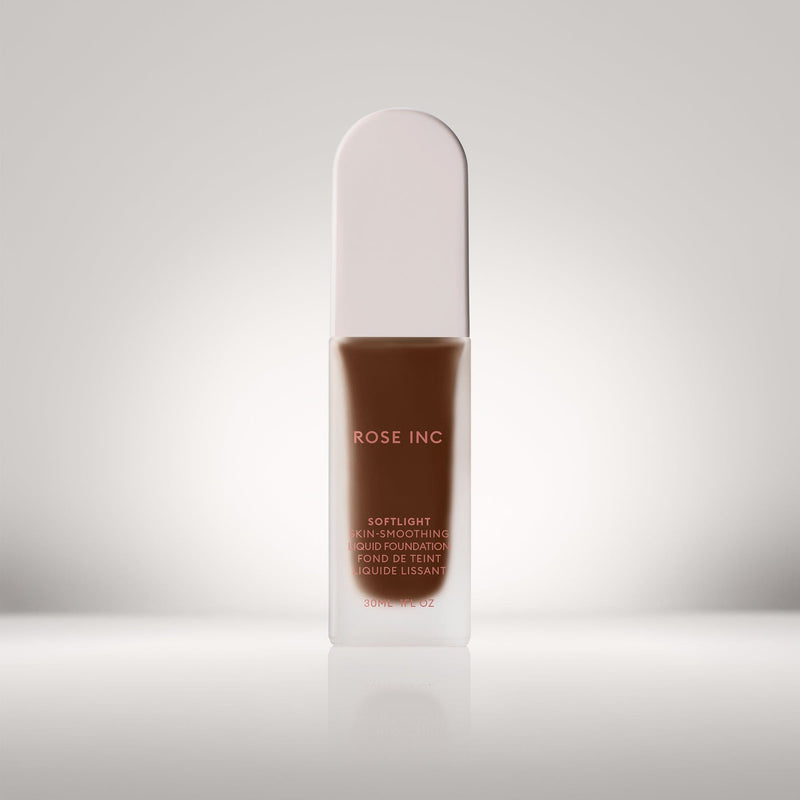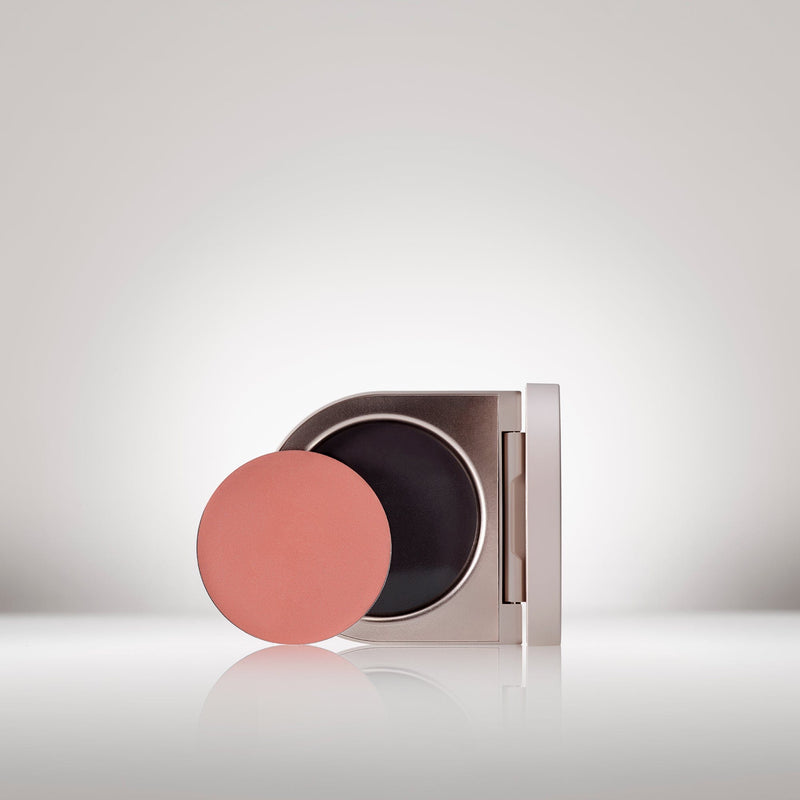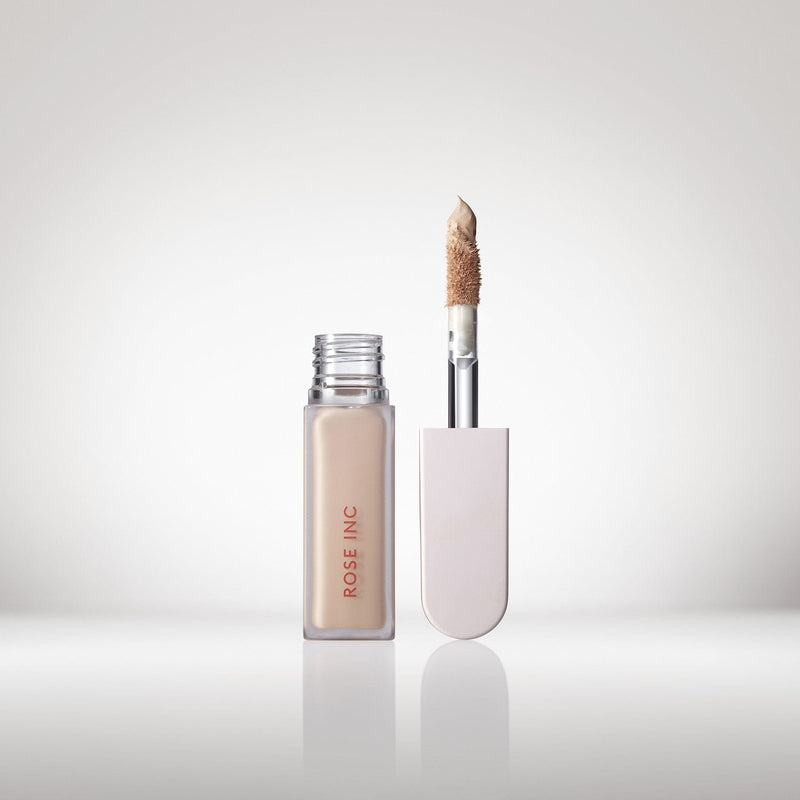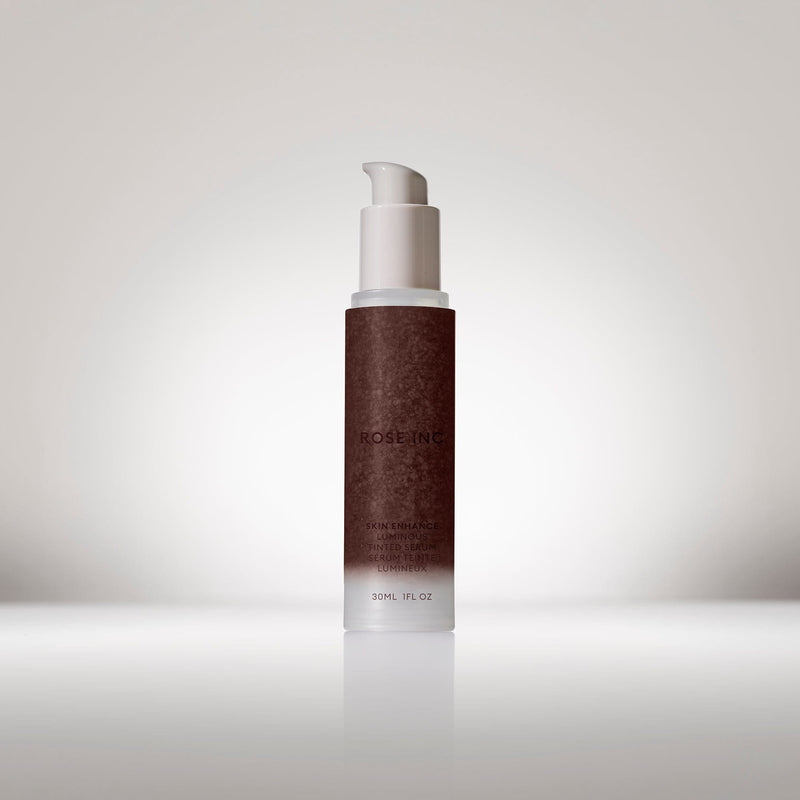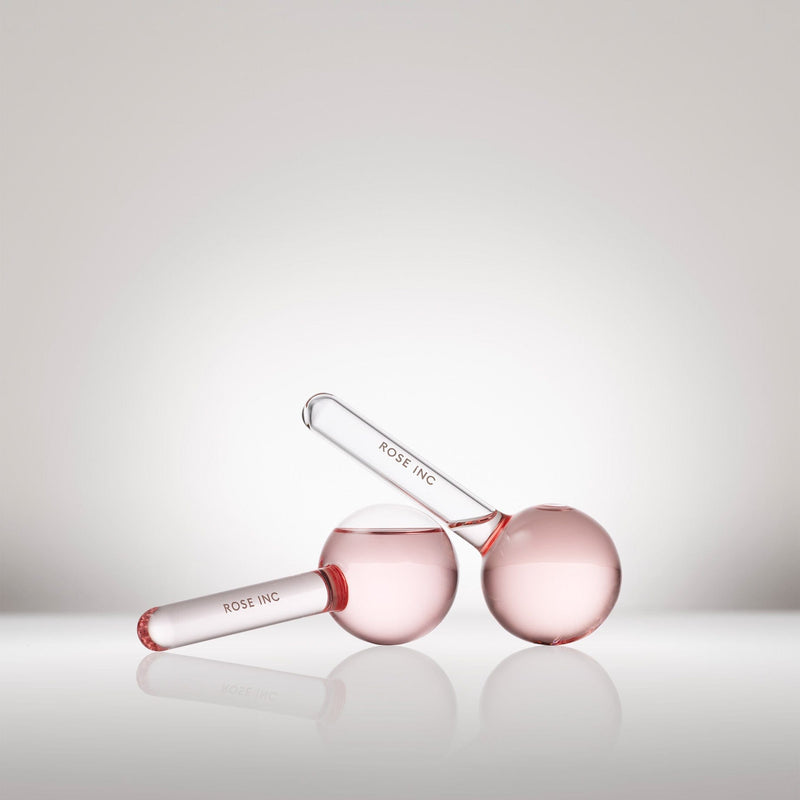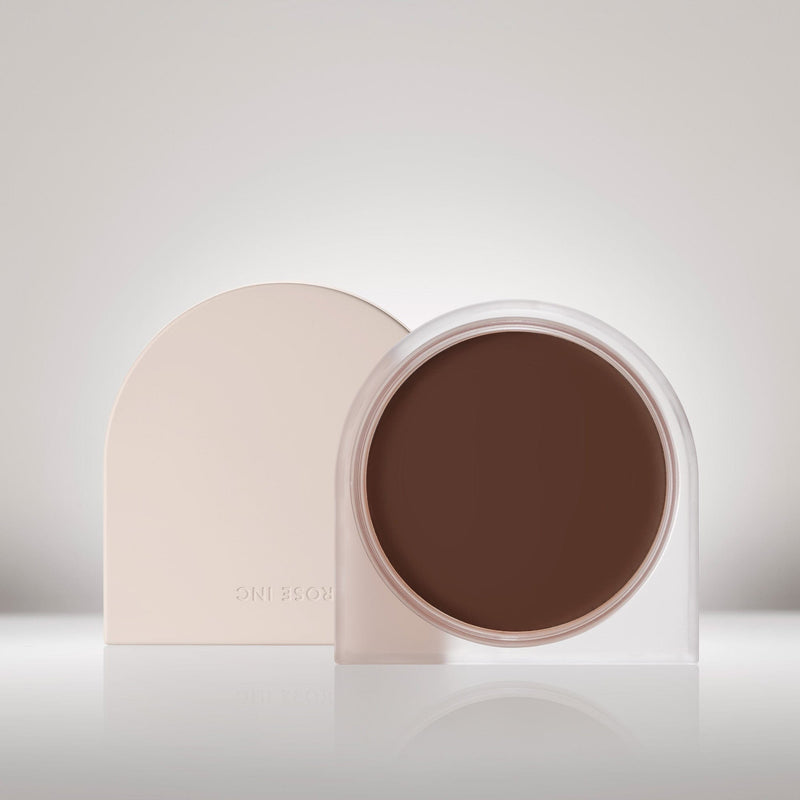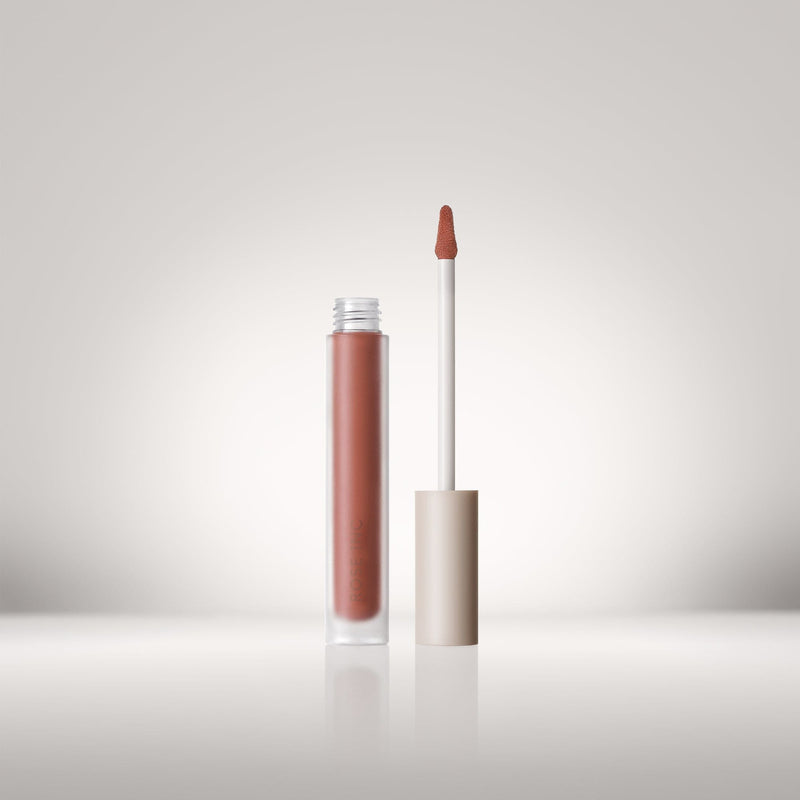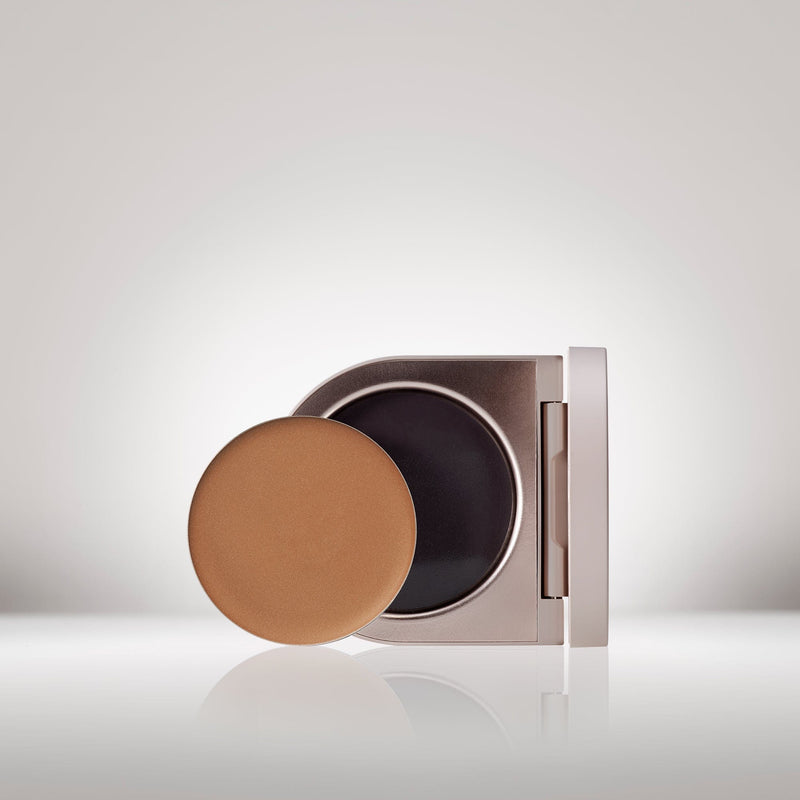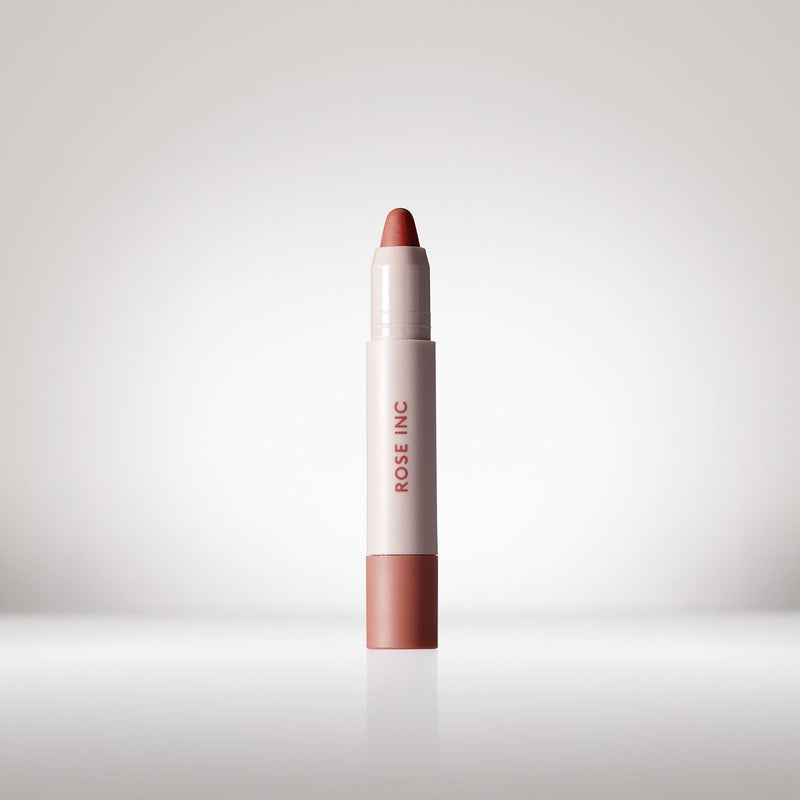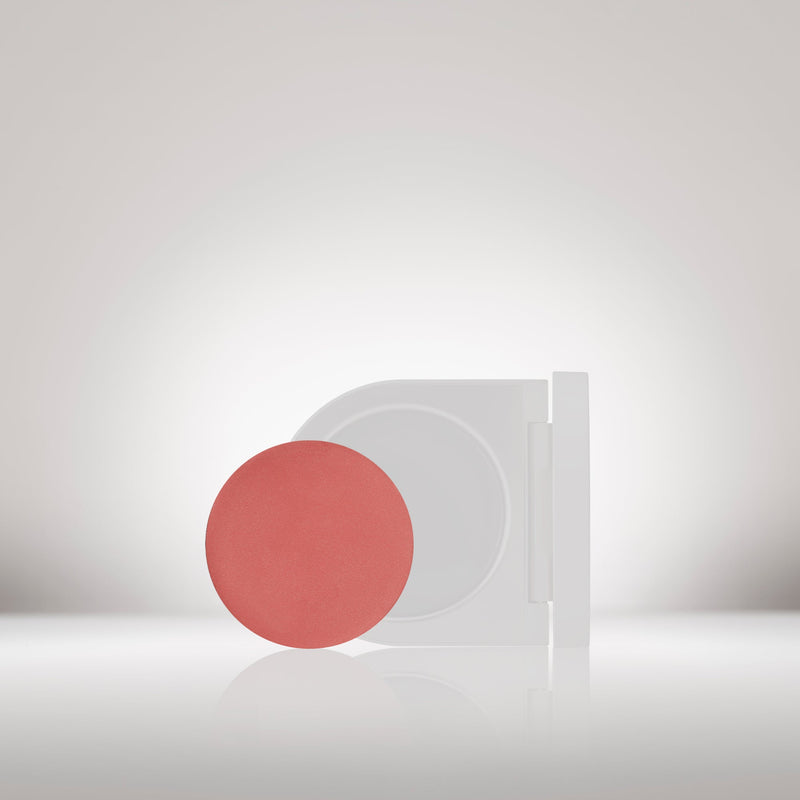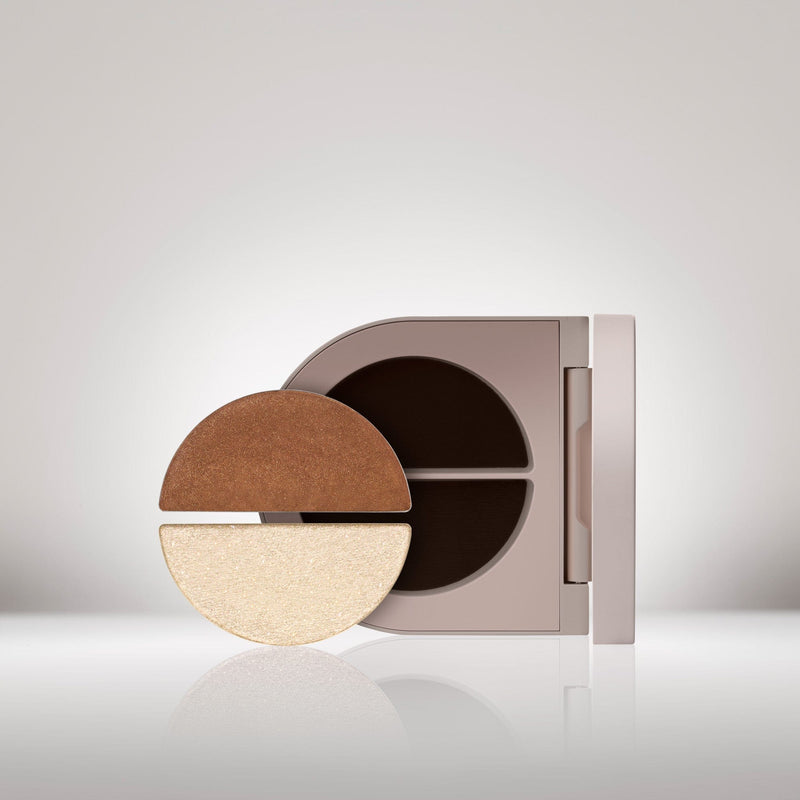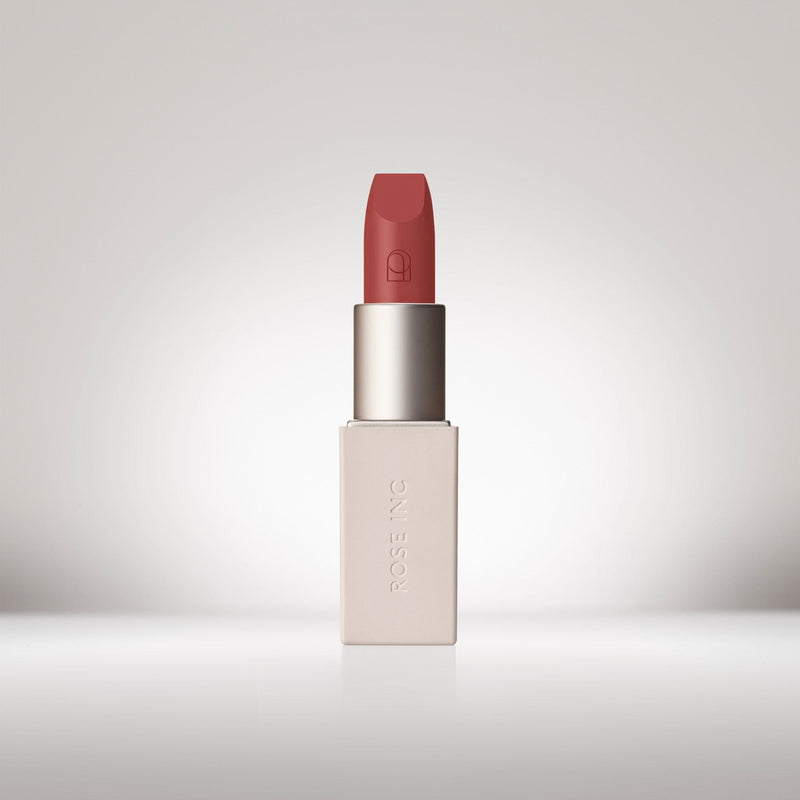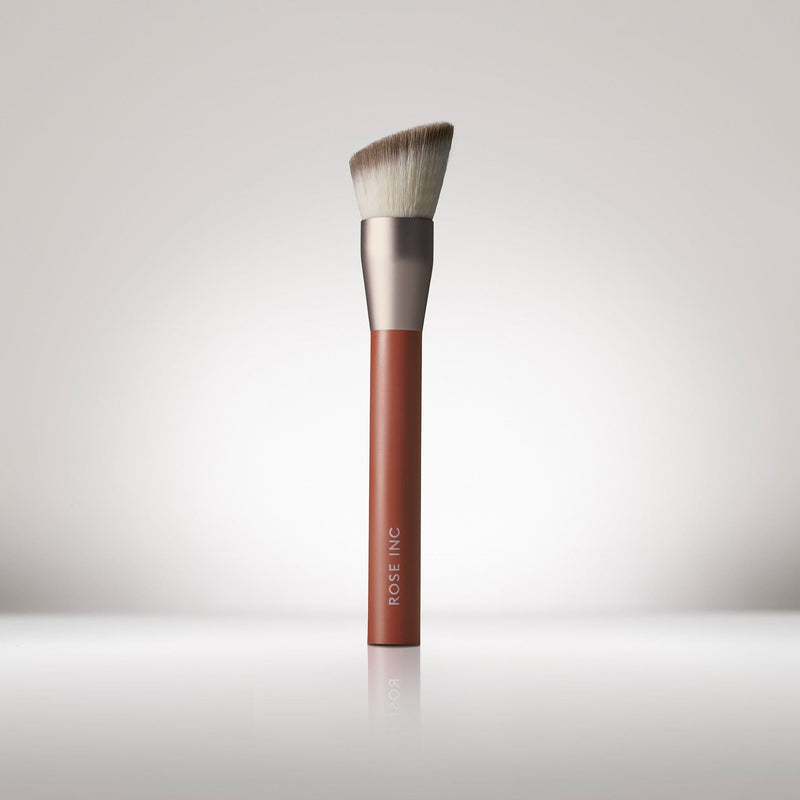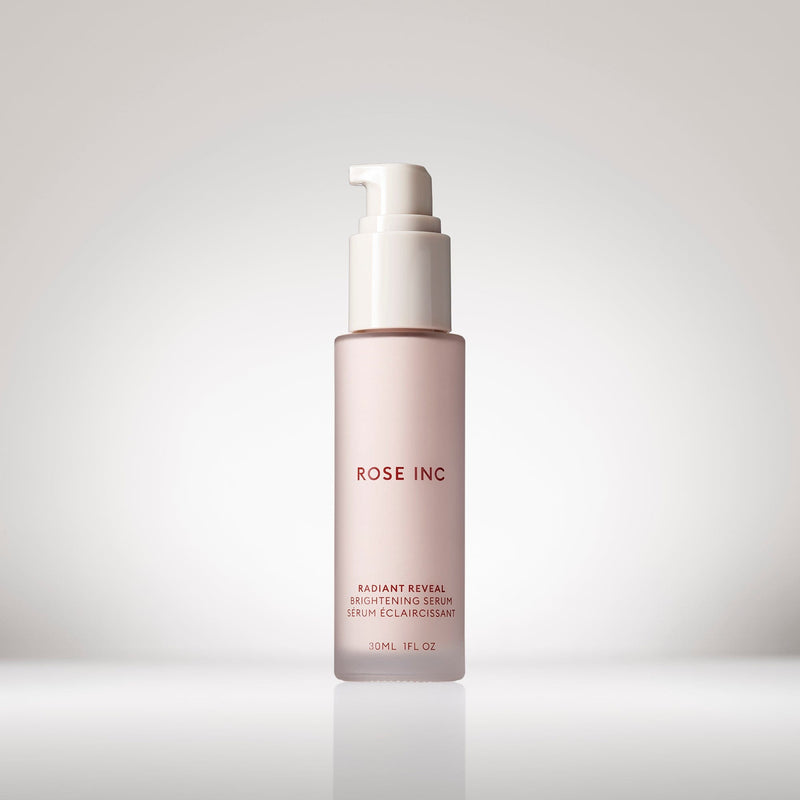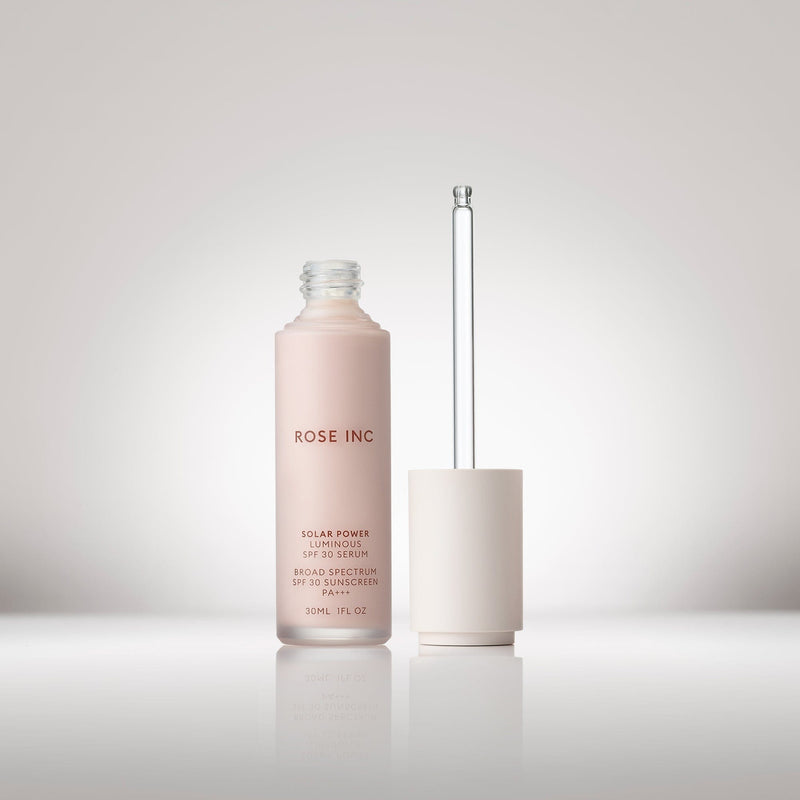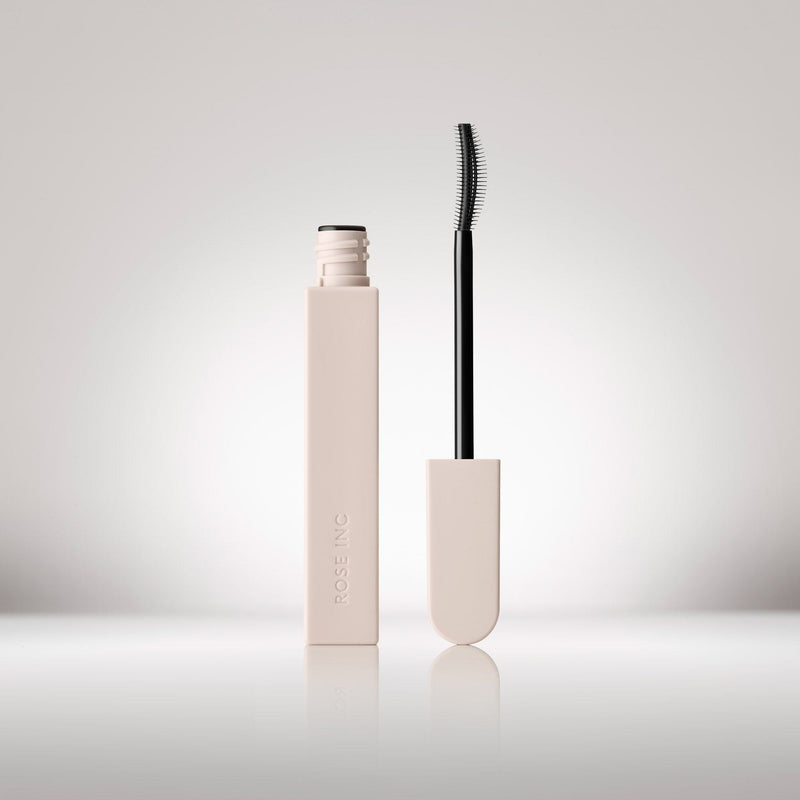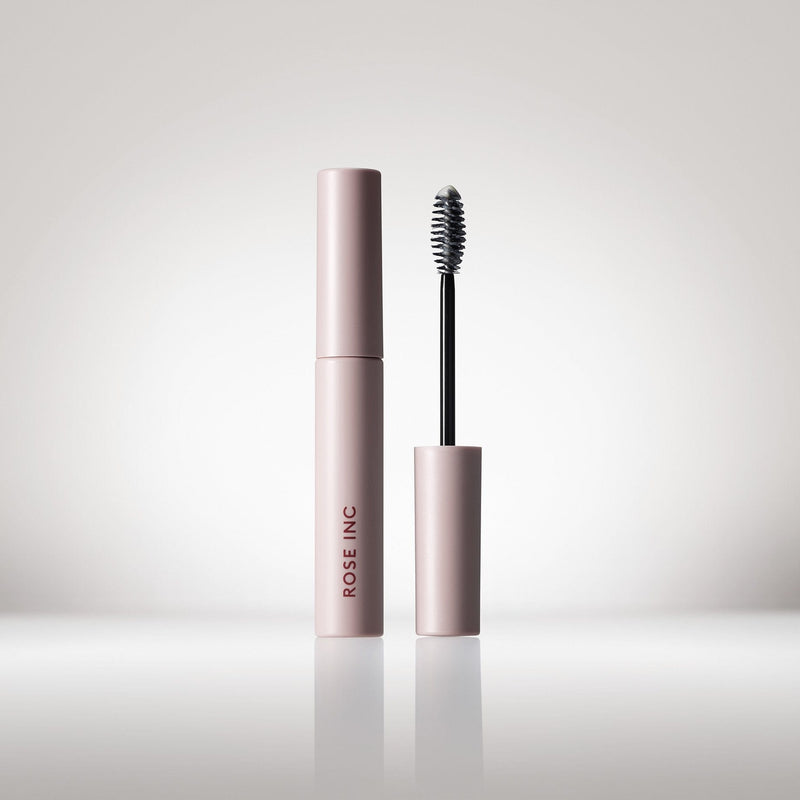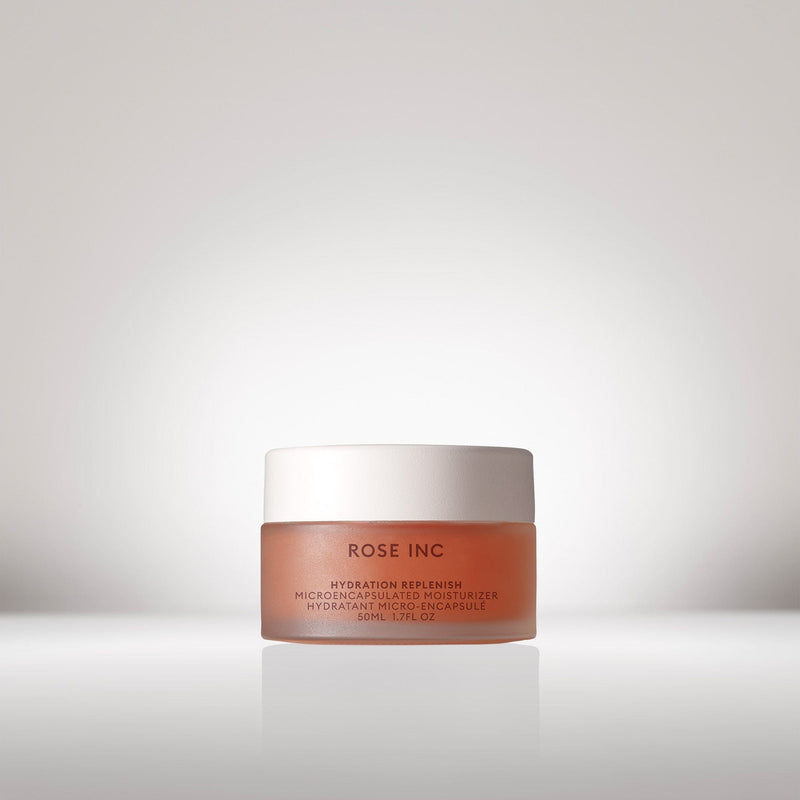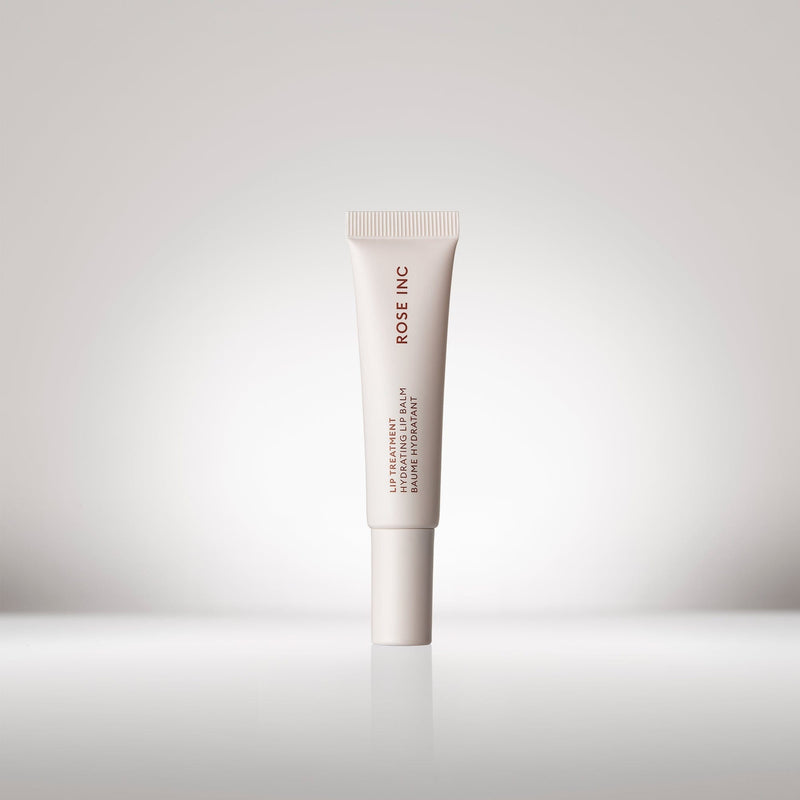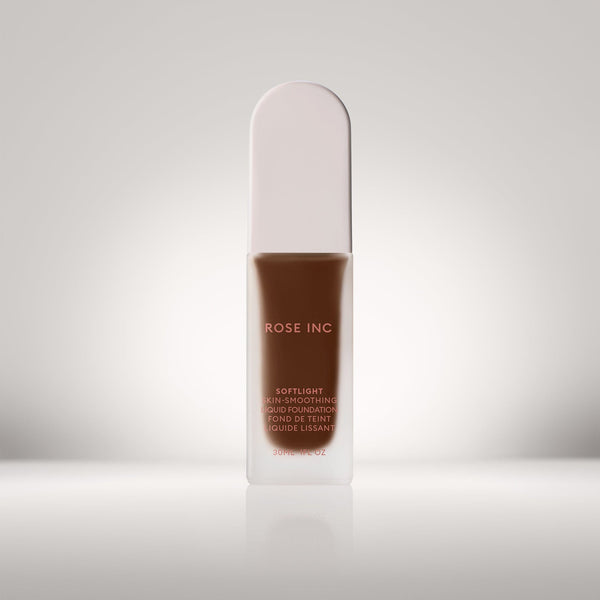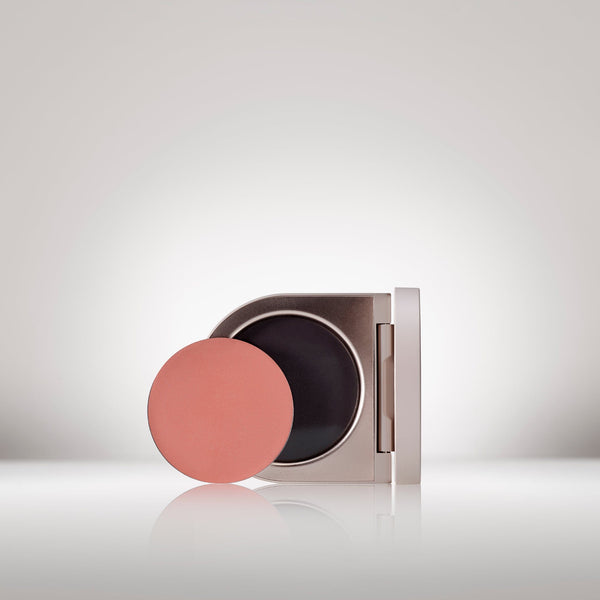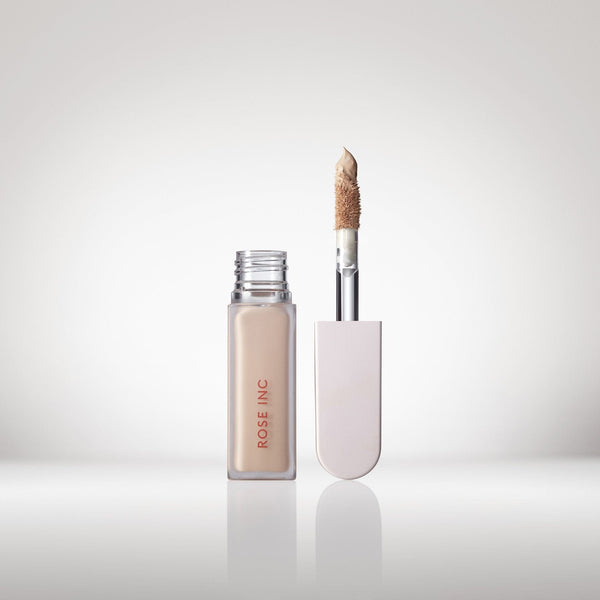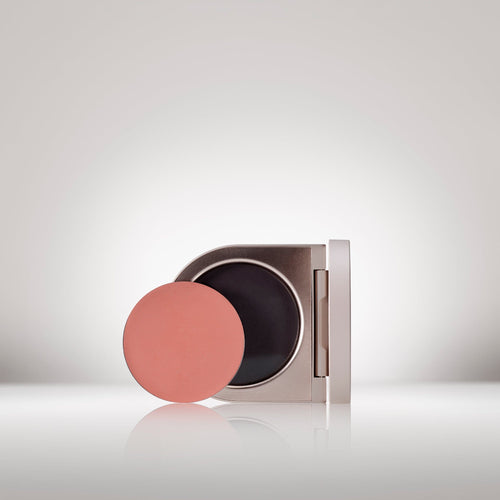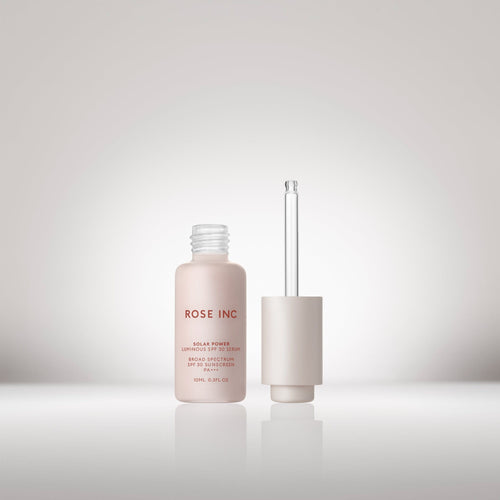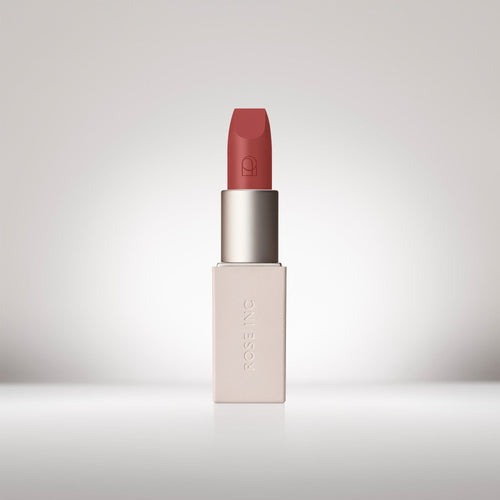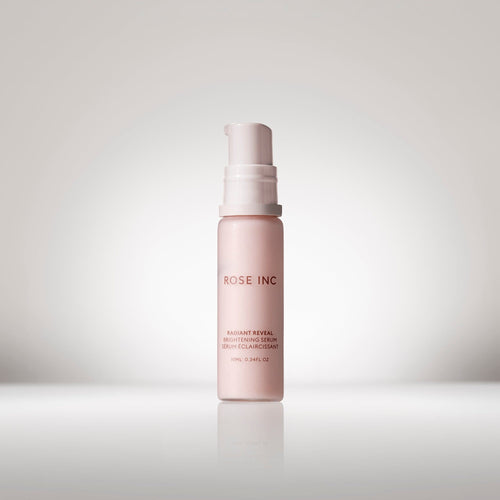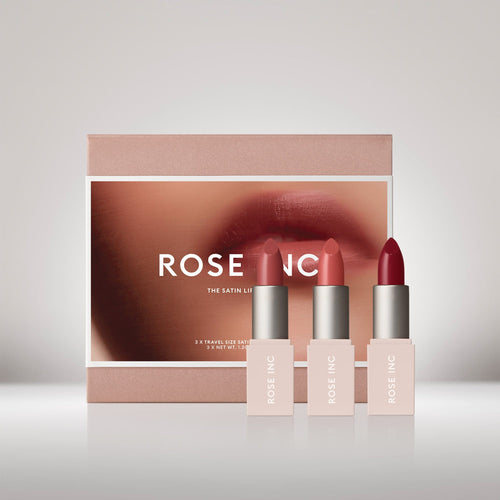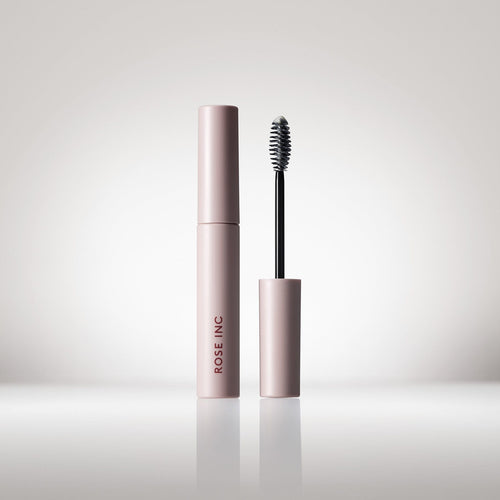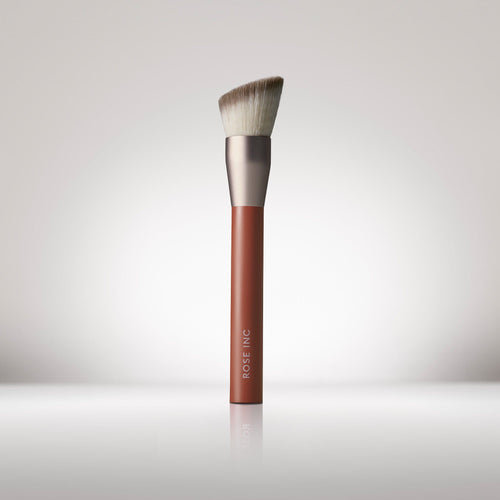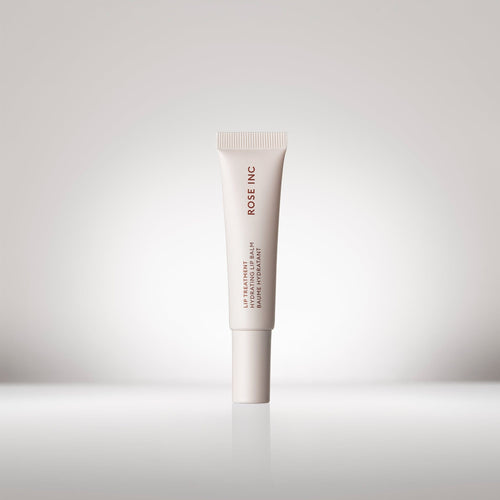Collections
Product Type
Filter
- SHOP
- EXPLORE
Collections
- Body Care
- New
- Bestsellers
- Sets
Product Type
- Makeup
- Skincare
- Brushes/Tools
- Travel
Filter
- By Benefit
-
-
Top Sellers
Shop all
About US
- OUR STORY
- INGREDIENTS
- SUSTAINABILITY
- RECYCLING GUIDE
Editorial
- New
- Profile
- Education
- Tutorial
- RHW SHORTLIST
Search By Category
Popular Searches
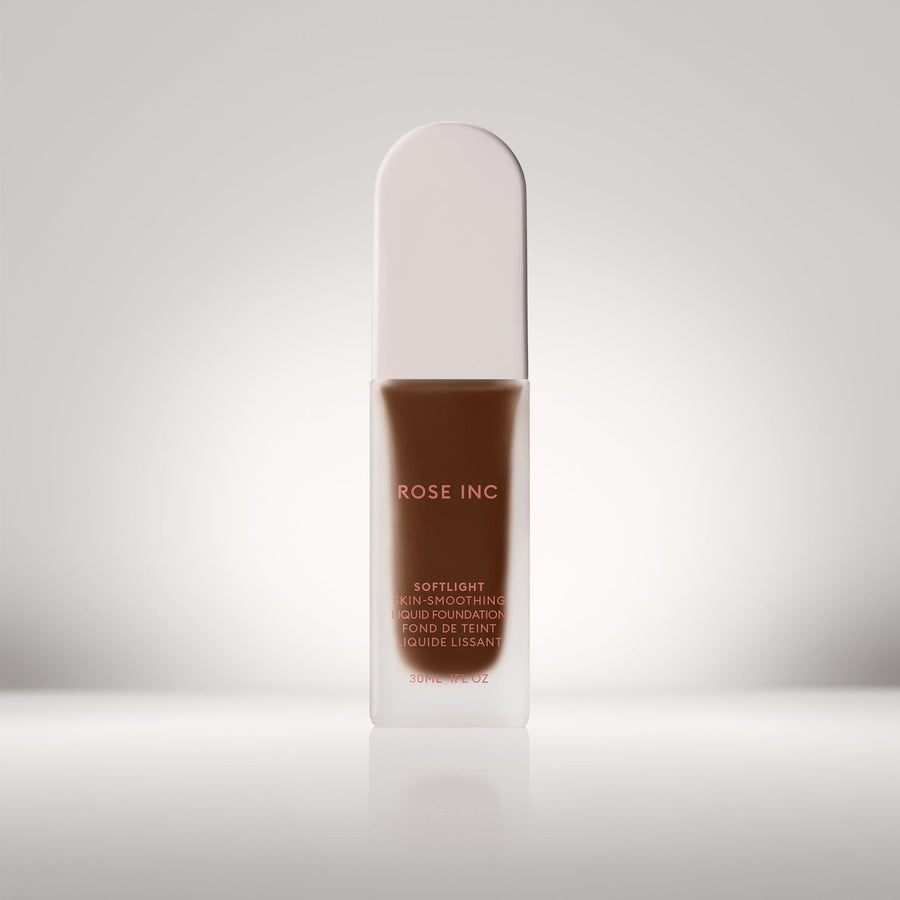
Softlight Skin-Smoothing Liquid Foundation
A medium-buildable foundation with a smooth, soft-matte finish.
31N
Deep with Neutral Undertone
30W
Deep with Warm Red Undertone
29N
Deep with Neutral Red Undertone
28W
Deep with Warm Golden Undertone
27C
Deep with Cool Red Undertone
26N
Deep with Cool Red Undertone
25W
Deep with Warm Golden Undertone
24W
Medium-Deep with Warm Olive Undertone
23C
Medium-Deep with Cool Pink Undertone
22N
Medium-Deep with Neutral Undertone
21W
Medium-Deep with Neutral Undertone
20N
Medium-Deep with Neutral Golden Undertone
19N
Medium-Deep with Neutral Undertone
18W
Medium-Deep with Warm Golden Undertone
17C
Medium with Cool Pink Undertone
16W
Medium with Warm Olive Undertone
15N
Medium with Neutral Golden Undertone
14W
Medium with Warm Peach Undertone
13N
Medium with Neutral Undertone
12C
Medium with Cool Neutral Undertone
11W
Medium with Warm Golden Undertone
10N
Light-Medium with Neutral Olive Undertone
9W
Light-Medium with Warm Peach Undertone
8N
Light with Neutral Undertone
7C
Light with Cool Pink Undertone
6W
Light with Warm Golden Undertone
5N
Light with Neutral Undertone
4W
Light with Warm Golden Undertone
3N
Fair with Neutral Undertone
2N
Fair with Neutral Olive Undertone
1C
Fair with Cool Pink Undertone
31N
Deep with Neutral Undertone
Softlight Skin-Smoothing Liquid Foundation
Medium Coverage, brightening, balancing

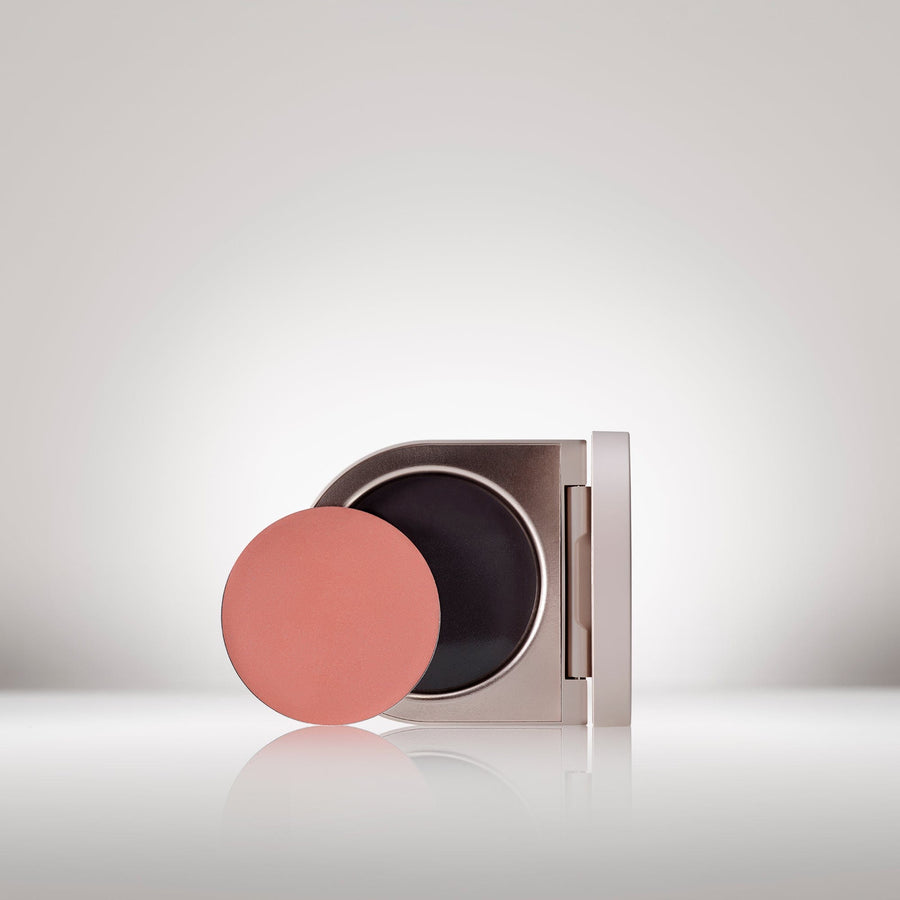
Cream Blush Refillable Cheek &
A hydrating cream that brightens and blurs with a radiant...
Hydrangea
Light cool pink
Wisteria
Coral pink
Anemone
Coral
Heliotrope
Apricot
Delphine
Muted peach
Daylily
Rich taupe
Foxglove
Warm terracotta
Ophelia
True pink
Camellia
Mauve
Hibiscus
Bright plum
Azalea
Berry
Dahlia
Deep berry
Hydrangea
Light cool pink
Cream Blush Refillable Cheek & Lip Color
Brightening, blurring and longwearing
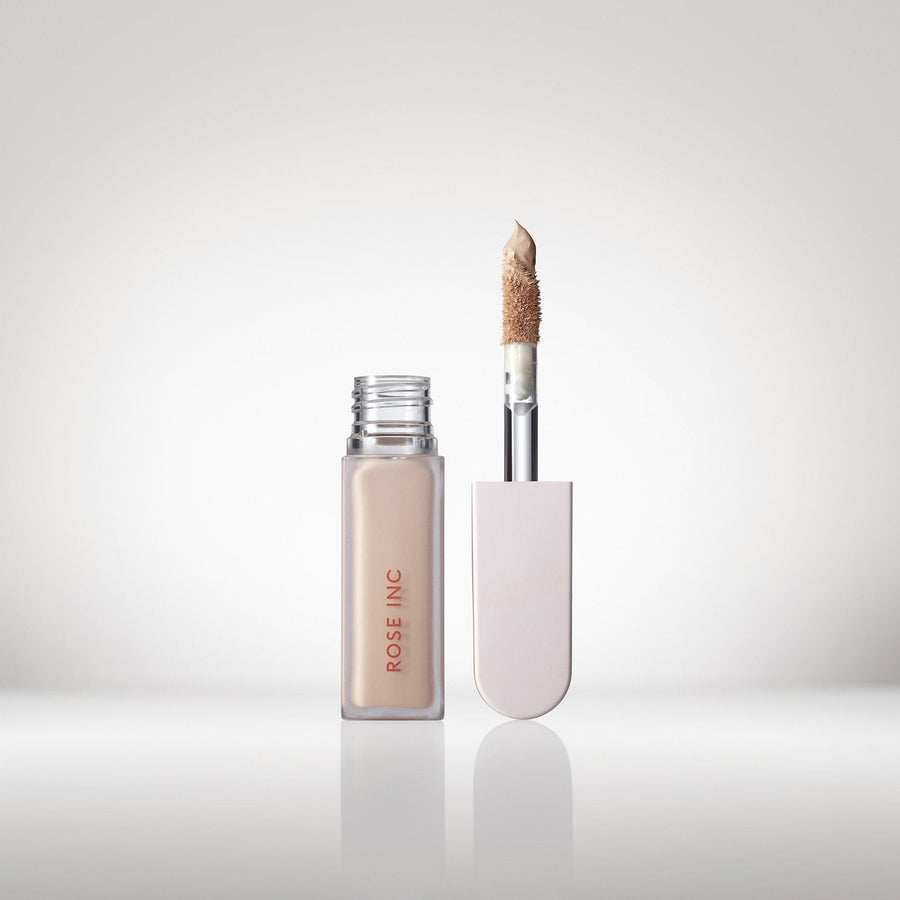
Softlight Luminous Hydrating Concealer
A does-it-all concealer that brightens, blurs and contours while nourishing...
LX 200
Very Deep Skin Tone, Neutral Undertone
LX 190
Very Deep Skin Tone, Cool Red Undertone
LX 180
Deep Skin Tone, Warm Neutral Undertone
LX 170
Deep Skin Tone, Golden Undertone
LX 160
Deep Skin Tone, Red Undertone
LX 150
Deep Skin Tone, Neutral Undertone
LX 140
Medium/Deep Skin Tone, Neutral Undertone
LX 130
Medium/Deep Skin Tone, Warm Golden Undertone
LX 120
Medium/Deep Skin Tone, Pink Undertone
LX 110
Medium/Deep Skin Tone, Golden Undertone
LX 100
Medium/Deep Skin Tone, Peach Undertone
LX 090
Medium Skin Tone, Olive Undertone
LX 080
Medium Skin Tone, Pink Undertone
LX 070
Medium Skin Tone, Golden Undertone
LX 060
Medium Skin Tone, Peach Undertone
LX 050
Light/Medium Skin Tone, Neutral Undertone
LX 040
Light/Medium Skin Tone, Golden Neutral Undertone
LX 030
Light Skin Tone, Pink Undertone
LX 020
Light Skin Tone, Peach Undertone
LX 010
Fair Skin Tone, Neutral Undertone
LX 200
Very Deep Skin Tone, Neutral Undertone
Softlight Luminous Hydrating Concealer
Medium coverage, brightening, blurring
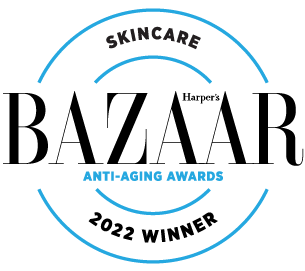
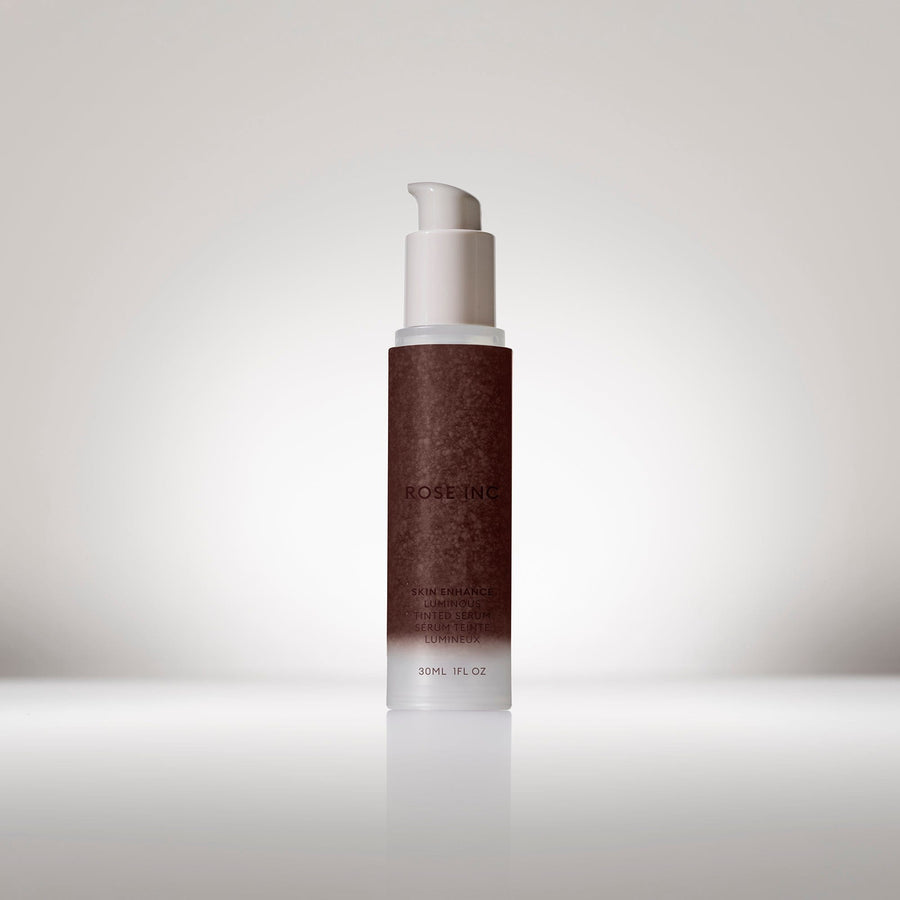
Skin Enhance Luminous Tinted Serum
A hydrating skin tint that delivers powerful skincare and sheer,...
140
Very Deep Skin Tone/Red Undertone
130
Deep Skin Tone/Neutral Undertone
120
Deep Skin Tone/Red Undertone
110
Deep Skin Tone/Golden Undertone
100
Medium Deep Skin Tone/Golden Undertone
090
Medium Deep Skin Tone/Olive Undertone
080
Medium Tan Skin Tone/ Peach Undertone
070
Medium Skin Tone/Peach Undertone
060
Medium Skin Tone/ Neutral Undertone
050
Medium Skin Tone/ Pink Undertone
040
Light to Medium Skin Tone/ Neutral Undertone
030
Light Skin Tone/ Warm Golden Undertone
020
Light Skin Tone/Warm Peach Undertone
010
Fair Skin Tone/ Cool Pink Undertone
140
Very Deep Skin Tone/Red Undertone
Skin Enhance Luminous Tinted Serum
Sheer Coverage, illuminating, hydrating
Search By Category
Popular Products
Categories
-
Education
A primer on essential beauty topics, from talc contamination to biodegradability.
-
Profile
Everybody has a story about beauty. Some of the world’s most intriguing people share theirs.
-
Tutorials
Expert beauty advice to inform and inspire.
-
A primer on essential beauty topics, from talc contamination to biodegradability.
-
Everybody has a story about beauty. Some of the world’s most intriguing people share theirs.
-
Expert beauty advice to inform and inspire.

The Truth About Vegan & Cruelty-Free Beauty Certifications
EducationWhile Rose Inc has always been cruelty-free, we’re now proudly Leaping Bunny certified. With vegan and cruelty-free beauty products skyrocketing in popularity, it's vital to understand certifications like this. So what do the terms really mean to an industry with little regulation? Rose Inc. investigates.
If there’s one thing we’ve come to count on from the beauty industry over the past decade, it’s that emerging food and wellness trends are bound to hit the beauty aisles, too. To wit: Green juice-inspired cleansers, matcha-laced moisturizers, and CBD-infused cosmetics are the norm in 2020. In a time in which “If I don’t want it in my body, then I don’t want it on my body” has become a mantra, it’s no wonder vegan products have grown in popularity and joined those identified as “cruelty-free” to become one of the industry’s juggernauts, with Millennial shoppers fueling an ever-growing category that’s expected to hit $20.8 billion by 2025, according to a report by Grand View Research.
While products not tested on animals or containing animal-derived ingredients may feel more aligned with current consumer values, getting to the bottom of what is and isn’t vegan and cruelty-free isn’t as cut and dry. The truth is, no matter how a product is labeled, it may not actually be vegan or cruelty-free at all. What’s more, a product can be vegan but not cruelty-free, and vice versa. Ahead, Rose Inc. investigates what these terms actually mean in an industry that doesn't regulate either.
What Makes A Beauty Product Vegan?
Similar to food and apparel, beauty products labeled as vegan should not include any animal-derived ingredients within their formulas. More than just the obvious ones, like animal fat or milk, vegan products are made without a laundry list of common ingredients often incorporated into cosmetics to deliver hydration and antibacterial properties, thicken formulations, and deliver vibrant tones or finishes. This includes snail secretions; keratin (sourced from animal quills, feathers, horns, and hooves); honey; carmine (obtained from beetles); guanine (from fish scales); tallow (fat from herbivorous animals); chitosan (found in crustacean shells); sheep’s lanolin; and mink hair, which is taken from the small, semiaquatic mammals of the same name.
Though qualifying a product as vegan may seem pretty straightforward, the beauty industry largely operates on an honor system when marketing and labeling vegan goods. The Food and Drug Administration (FDA) and U.S. Consumer Product Safety Commission don’t provide a working definition for what makes a product vegan, nor do they keep tabs on the vast majority of labeling claims, if at all.
Clean Beauty. Science-Backed. Made for You.

Though companies can tout a product as vegan even when it’s not, there are some clear-cut clues to look for when determining whether a product is truly clear of animal-derived ingredients. To start, a thorough read of the ingredient list can sometimes tell you what labeling or marketing material won’t. However, some ingredients, like stearic acid, may seem innocent when it’s actually made from animal fat, so plugging each ingredient into Google can be vital. Another caveat: The confounding ingredients listed as “fragrance,” which may contain animal products or byproducts.
Certifications issued by organizations like PETA, the Vegan Society, and Vegan Action—all of which require brands to furnish evidence and make pledges to show they don’t use animal-derived ingredients in their products—serve as guidelines in the absence of those from legislative bodies.
Once you do land on a legitimately vegan beauty product, it’s only natural to think that it’s also cruelty-free, but the two terms actually mean totally different things. In fact, products made without animal-derived ingredients doesn’t mean they’re clear of from animal testing, as any ingredient, whether sourced from plants, animals, or a lab, can technically be vegan and safety-tested using animals.
The Difference Between Cruelty Free & Vegan
So what does “cruelty-free” mean, exactly? It depends on who you ask, but the general consensus is that a product can only be cruelty-free if no animals were used to test the efficacy, safety, or other benefits or measures of a product or its raw ingredients. Terms like ‘cruelty-free’, ‘vegan-friendly’, ‘not tested on animals’, or ‘animal friendly’ all sound good—and they very well might be all these things—but according to the FDA, “the unrestricted use of these phrases by cosmetic companies is possible because there are no legal definitions for these terms.”
This leaves the concept of ‘cruelty-free’ widely up to interpretation. For example, some beauty brands might not test the final product on animals, when animals may have been used by its suppliers or labs to test the ingredients within the product or during the formulation stage. On the flipside, some brands might consider fair trade or ethically-sourced ingredients, like honey, to be “vegan-friendly” despite coming from bees. To make things even more confusing, generic imagery made to look like logos from certifiers—including countless variations of rabbits, monkeys, or other animals encircled with a line through them—may be used on products to manipulate consumers. Again, this isn’t regulated in the U.S., so due diligence is needed for those striving for a kinder routine.
Organizations Creating Accountability
One way to find and support truly vegan and cruelty-free brands is to look for products certified by independent, nonprofit organizations, such as Choose Cruelty Free, PETA’s Beauty Without Bunnies, and Leaping Bunny. Companies enrolled in these programs self-report their research and development practices and provide declaration pages from their ingredient suppliers (including whether they sell to mainland China where animal testing is largely requried) to prove neither they nor their suppliers test on animals in order to gain certification.
In the case of PETA’s Global Beauty Without Bunnies program, which certifies both vegan and animal testing-free products, companies must provide a legally-binding Statement of Assurance signed by the CEO verifying that the company and its ingredient suppliers do not conduct, commission, pay for, or allow any tests on animals for ingredients, formulations, or finished products anywhere in the world and don’t plan to do so in the future. “A company that has publicly announced an end to tests on animals and states in writing that it doesn't test on animals would face a public relations disaster and potential lawsuits if it was caught lying,” says Amanda Nordstrom, company liaison for PETA's Global Beauty Without Bunnies Program.
Clean Beauty. Science-Backed. Made for You.
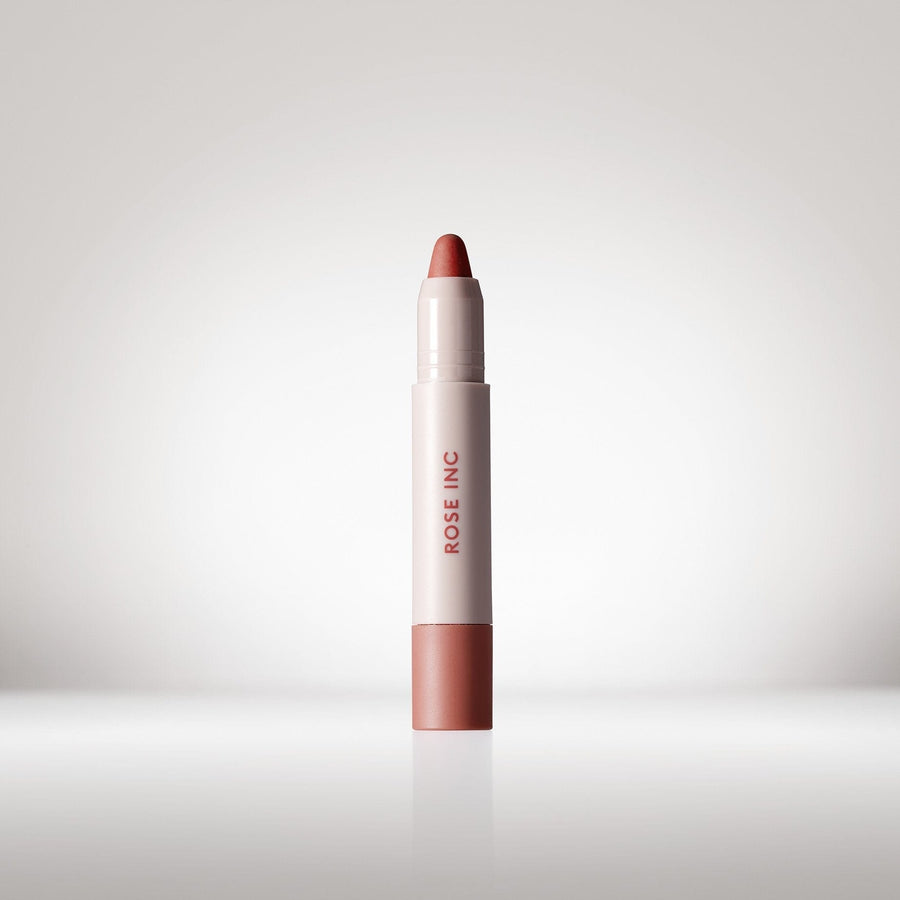
Lip Sculpt Amplifying Lip Color
An enriched longwearing lip crayon that delivers saturated matte color...
Beams
Plum
Quartz
Rose
Abstraction
Smoky peach
Sixteen
Deep berry
Beams
Plum
Lip Sculpt Amplifying Lip Color
Smoothing, plumping and conditioning

Softlight Luminous Hydrating Concealer
A does-it-all concealer that brightens, blurs and contours while nourishing...
LX 200
Very Deep Skin Tone, Neutral Undertone
LX 190
Very Deep Skin Tone, Cool Red Undertone
LX 180
Deep Skin Tone, Warm Neutral Undertone
LX 170
Deep Skin Tone, Golden Undertone
LX 160
Deep Skin Tone, Red Undertone
LX 150
Deep Skin Tone, Neutral Undertone
LX 140
Medium/Deep Skin Tone, Neutral Undertone
LX 130
Medium/Deep Skin Tone, Warm Golden Undertone
LX 120
Medium/Deep Skin Tone, Pink Undertone
LX 110
Medium/Deep Skin Tone, Golden Undertone
LX 100
Medium/Deep Skin Tone, Peach Undertone
LX 090
Medium Skin Tone, Olive Undertone
LX 080
Medium Skin Tone, Pink Undertone
LX 070
Medium Skin Tone, Golden Undertone
LX 060
Medium Skin Tone, Peach Undertone
LX 050
Light/Medium Skin Tone, Neutral Undertone
LX 040
Light/Medium Skin Tone, Golden Neutral Undertone
LX 030
Light Skin Tone, Pink Undertone
LX 020
Light Skin Tone, Peach Undertone
LX 010
Fair Skin Tone, Neutral Undertone
LX 200
Very Deep Skin Tone, Neutral Undertone
Softlight Luminous Hydrating Concealer
Medium coverage, brightening, blurring
One way to find truly vegan and cruelty-free brands is to look for products certified by independent, nonprofit organizations, such as Choose Cruelty Free, PETA’s Beauty Without Bunnies, Leaping Bunny, and others.Products that feature generic, unregulated symbols require more research to verify their status.
Clean Beauty. Science-Backed. Made for You.
Leaping Bunny, an organization that provides cruelty-free certification for personal care and household product companies, fact checks its some 19,000 certified cruelty-free beauty brands by coordinating independent, third-party audits at random as a way of verifying company claims. “Auditing occurs for about 20 companies every year,” explains Kim Paschen, program manager for Leaping Bunny. “We employ a third-party auditor that specializes in chemical manufacturing processes.” That includes unannounced, in-person visits and deep dives into company supply chain management to verify whether companies are, in fact, using the suppliers and manufacturers listed in its database, she adds.
After effects of the coronavirus limited travel this year, the organization has found success completing audits over Zoom, something that may allow it to verify even more company claims in the future, Paschen says.
Clean Beauty. Science-Backed. Made for You.
The Future Of Kinder Products
Despite unfounded claims and a lack of transparency that ensconce some cruelty-free and vegan cosmetics, as well as regulation in some parts of the world that still requires animal testing—such as that found in Mainland China and the European Union’s REACH regulation, which can call for animal testing in some cases—there are several strong indicators that show animal testing may be going the way of the dinosaur.
In 2018, the state of California passed the Cruelty-Free Cosmetics Act, which bans the use of animals to test nearly all cosmetic ingredients in the state. Then, there’s consumer demand: According to a report by Market Research Future the global cruelty-free cosmetics market is growing at an estimated rate of 6% and is expected to reach $10 billion by 2024, (thanks in large part to American and Canadian consumers, who drive a large portion of the market). What’s more, researchers are proving better testing results can be gained without using animals whatsoever.
Thanks to alternative forms of testing, including those that use cell and tissue cultures, computer and mathematical models, in vitro testing and clinical studies with human subjects, researchers are better able to pinpoint how humans may react to an ingredient or formula. While only around for about two decades, some computational models are already proving to be more effective. “Since many of these methods are based on human cells in culture, we believe they may be more predictive of the human response,” says Erin Hill, president of Institute for In Vitro Sciences, a nonprofit research and testing lab that specializes in advancing non-animal testing worldwide. These methods don’t just stave off animal cruelty, they positively impact a company’s bottom line, Hill says. “These alternative methods can be conducted in a much shorter time than animal models which allow companies to get their products to the market faster,” she notes.
Clean Beauty. Science-Backed. Made for You.



